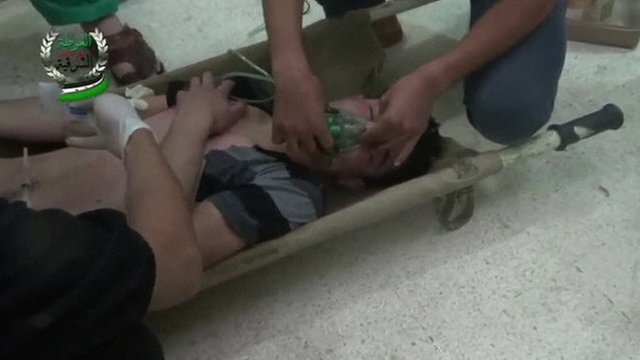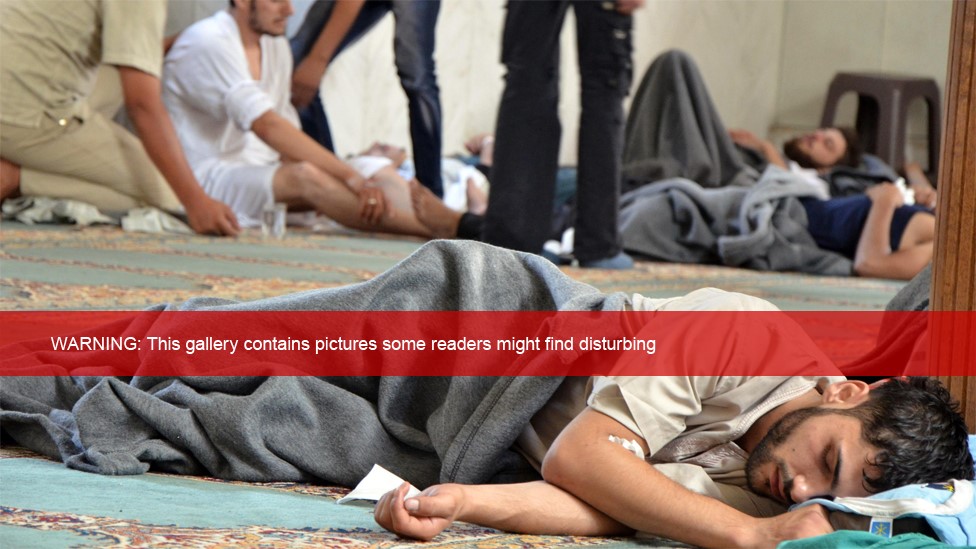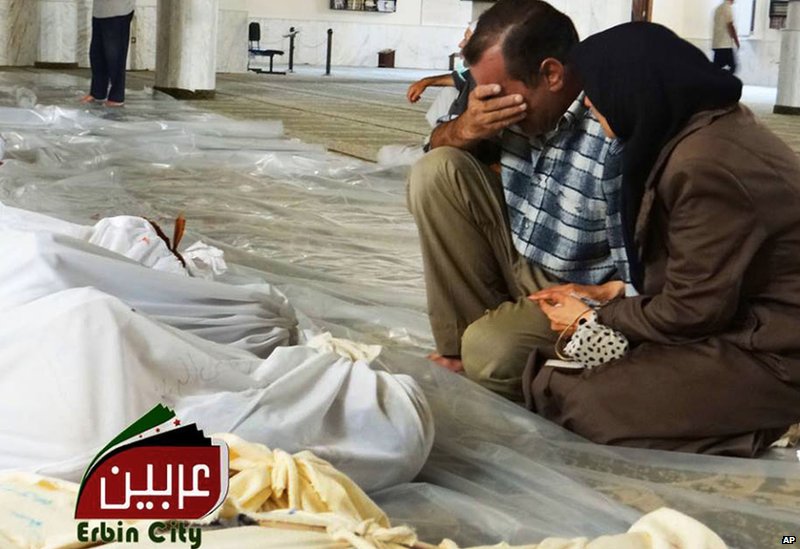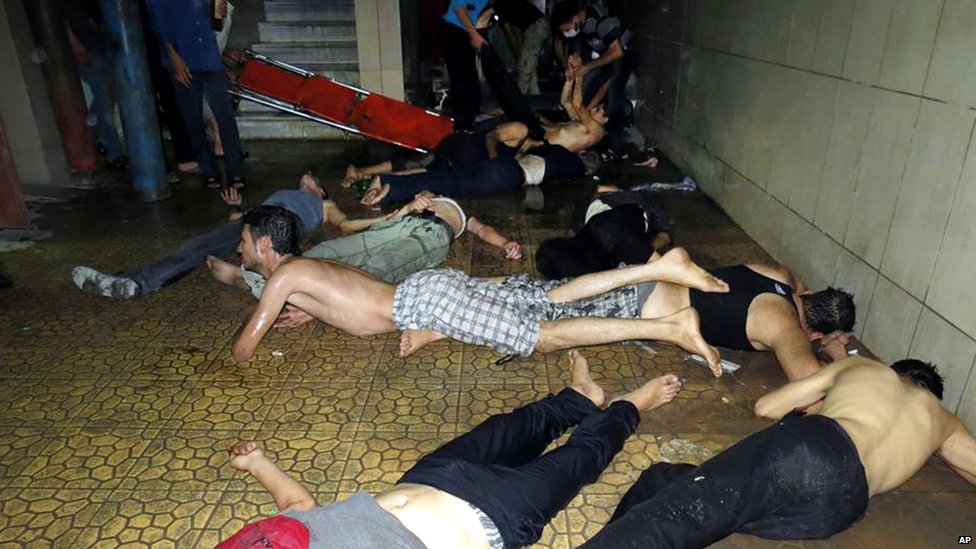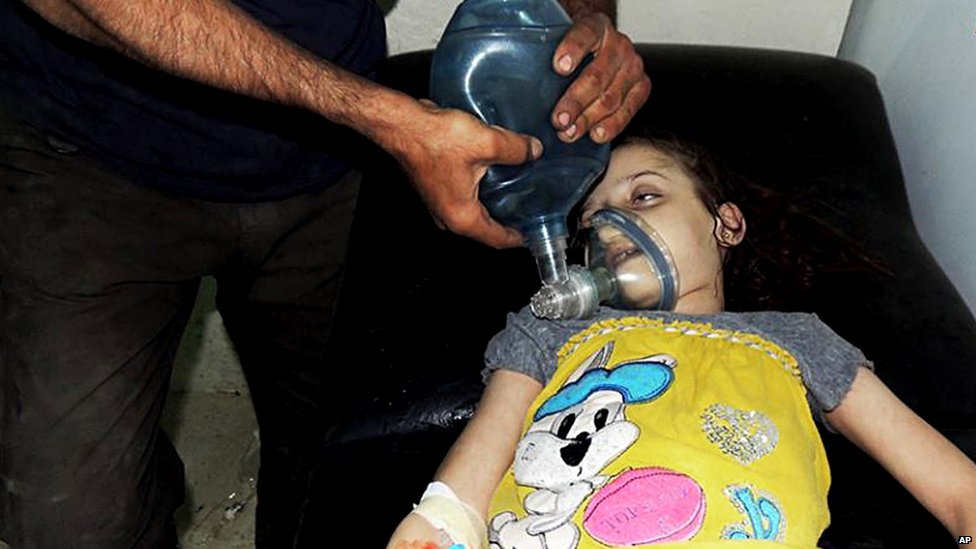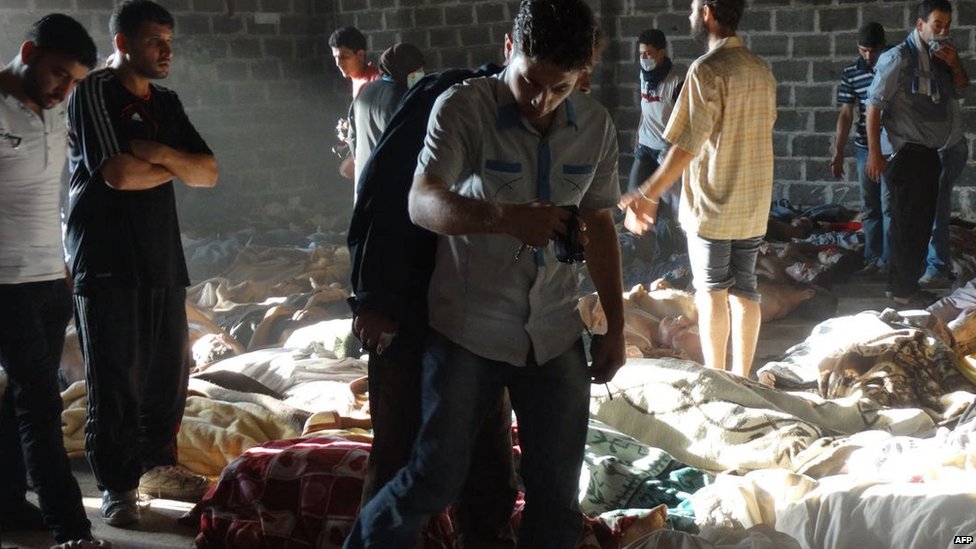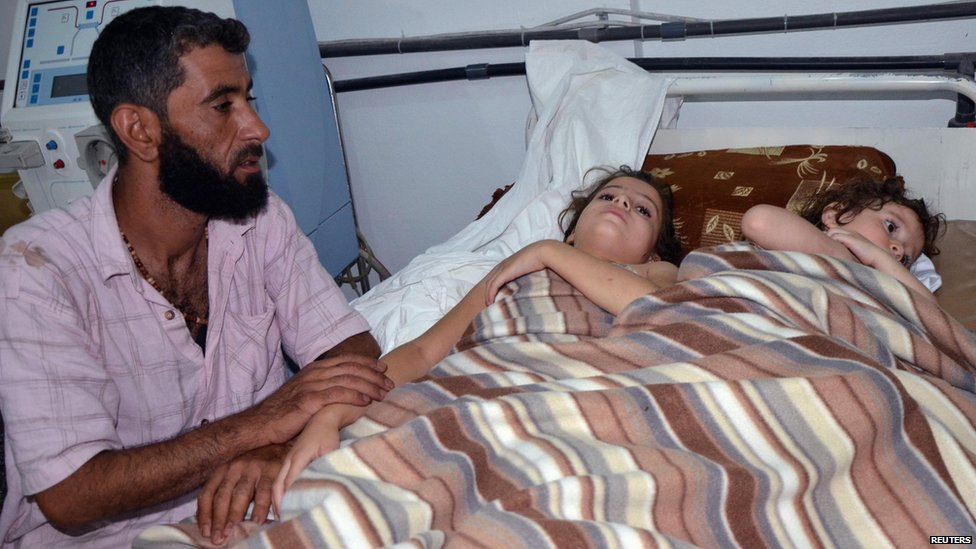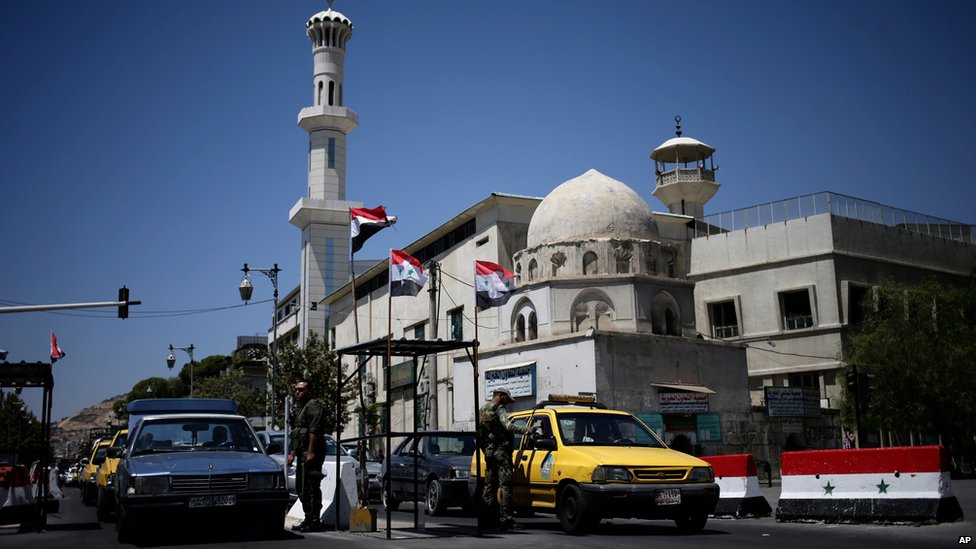The US and NATO have launched a war on Syria by funding and training the terrorists who commit Houla-style massacres in the Arab country
Link hii PressTV - Washington funded Houla-style massacres: Analyst
Link hii PressTV - Washington funded Houla-style massacres: Analyst
